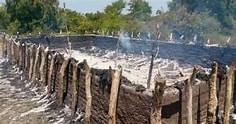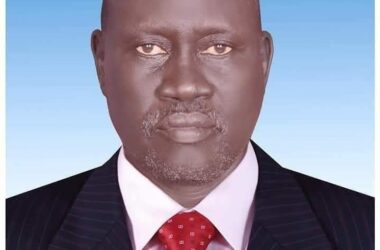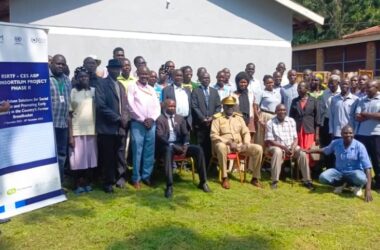By Adia Jildo
Journalists voiced restriction on World Press Freedom Day by authorities and stake holders when carrying out duties which hinders their freedom as the press.
South Sudan has taken up next to an index number of 139 out of 180 countries on the press freedom index 2021 compared to 2020. Despite the improvement, journalists still face perils when accessing information for public interest.
The president of the Union of Journalists of South Sudan, Oyet Patrick Charles said that journalists still remain in danger for example journalists from other parts of the country are being arrested, kidnapped and released without bail.
“There is not yet 100% press freedom. We have had cases where a journalist is detained for reporting a story that has opposition and not the government and vice versa. The freedom is given when the story favours a group of people that’s when they grant you the freedom and if it does not favour the other group of people, then you are not allowed to express yourself freely” he said.
He said more than 20 cases related to denial of press freedom have been reported to the Union of Journalists citing removal of articles, shutting down of radio stations, arrest, imprisonment and release without charges.
Oyet said that the freedom of expression has been denied to journalists by different stake holders as other government and non-governmental organizations tactically refuse to give information.
“There are some people within non-government organization who do not want the information to go to the public despite evidence or even delay to give the information in time,” Oyet said.
He called on the authorities and individuals to use ethical and right protocols when handling issues to do with journalists such as following up with organizations and partners of the media.
“We ask the authorities to always protect us because protecting us is like protecting any other citizen which is the duty of the state,” he said.
“World Press Freedom Day is a day to remind everyone that media is in public interest. Everybody needs information so that they make decisions on individual basis as a community and as a country,” Oyet expressed.
Chuol Jany, a journalist working with The Radio Community in Juba reacted stating that there has been no improvement in the press freedom for journalists.
“Press freedom is still restricted. Sometimes newspaper pages and articles were removed. At times in big events, the phones of journalists are confiscated,” he said.
He said media violations are high and urged the partners to address media violation as these are threats to press freedom.
Chuol called on authorities to use right procedures to solve media related issues by following up with media partners and bodies that deal with media.
“There is need for a special court to be established and try media related cases rather than directly dealing with them,” he said.
He called on the government and the civil population to promote press freedom so that South Sudanese Journalists can be put in a good number of indexes.
Keji Janefer, a report working with The City Review a daily newspaper in Juba said the state of press freedom is still in a fragile stage as journalists go through intimidation by stake holders.
“We receive intimidation especially by our security agencies who always think we are against them,” she said.
She cited that acts of removing of articles, intimidation has shown a large gap for the press freedom to be attained.
She called on the authorities and the communities to work with the journalists so as to get information for public good and consumption.
“If someone complains of his salary not being paid for months, which is his right to complain. As a journalist, we have a right to write about this. The authorities will know that they are not paying these people and they are suffering and their concern have been raised,” she cited.
She called on authorities to enlighten their security personnel on how they operate in their duties to execute the work of the government.
“We really need the leaders to talk to their security operators because we believe that these people work under the authorities of their leaders,” she said.
She called on the Union of Journalists to engage security personnel on the roles of media as well as journalist to be enlightened on the laws of security personnel on their duties and laws.
“The security too has their rights, we really need the security Act to be explained to the media particularly the journalists so that they will know whenever a security personnel is trying to intimidate or arrest you, he has to tell you under what law he is asking,” she said.
Murangi Seba Martin, the welfare officer for the National Press Club said despite efforts by the journalist to educate, inform and entertain the public, journalists still go through arrests and are released without charges which massively affects the chains of information.
“We call upon the government to give us the free environment to exercise our duties as the journalists because we are not working against the government but working to promote good governance,” she said.
Murangi called on journalists to be guided by their ethics in order for them to work freely and give right information for consumption.



